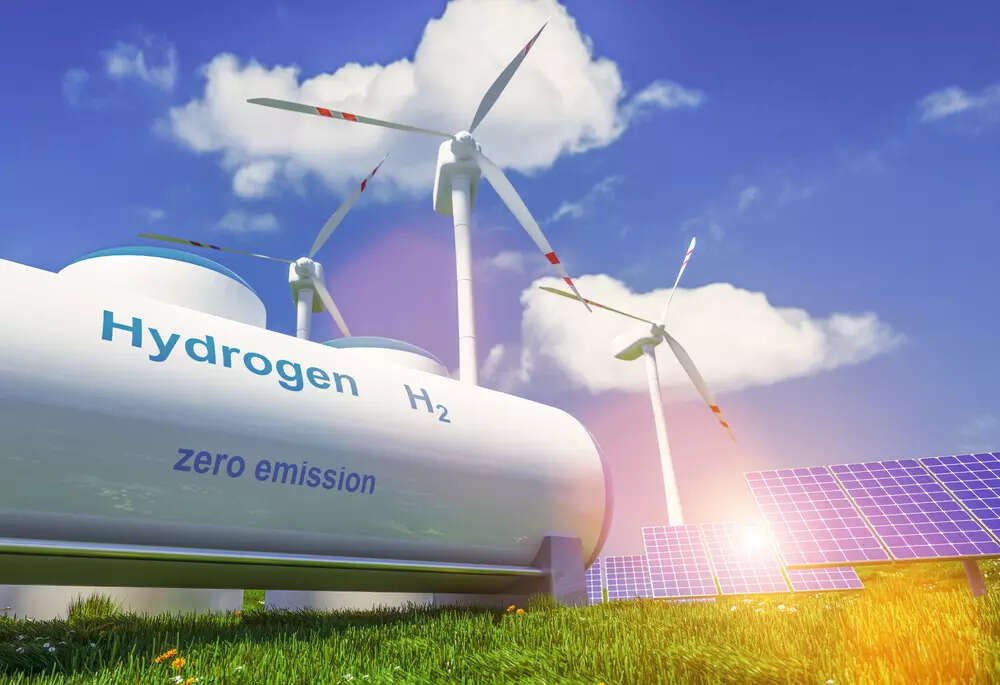
New Delhi: RIL’s green hydrogen foray is part of its Net Carbon Zero target by 2035. Falling renewable cost and scale economics will lower green hydrogen cost. Given the capex intensity, RIL’s strong balance sheet and backward integration puts it in the driver’s seat in the US$ 74 billion opportunity, foreign brokerage, Jefferies said in a report.
RIL’s hydrogen business is worth $ 8 billion (Rs 100/share) at a 20 per cent discount to European benchmark.
Backward integration into solar PV and energy storage system, access to cheap land, GW scale renewable generation facilities will lower its renewable power cost making its hydrogen production cost competitive. With annual capacity of 1 mmt green hydrogen requiring $ 25 billion in capex, RIL’s adequately funded balance sheet is a key competitive advantage, the report said.
India aims to produce 5 mmt green H2 annually by 2030 requiring US$ 130 billion in capex per our est. Policy support, including capital subsidies, eliminating charges on renewable power, mandated use in refining and fertilizer, higher fertilizer subsidy funding and development of a carbon trading market should aid adoption. While charges on renewable power for green H2 were lowered recently, progress is needed in other areas.
“We value RIL’s electrolyzer manufacturing business at a 20 per cent discount to the European benchmark and add the capitalised value of its captive H2 consumption. We discount its FY30E fair value at 12 per cent WACC to get a Jun-23E FV of US$ 8 billion. We revise PT to Rs 3,080 and maintain Buy,” the report said.
Despite its higher cost, govts in major economies are accelerating green H2 adoption to cut carbon emissions. The EU recently identified investments of EUR 63-78 billion in the H2 ecosystem and 20 mmtpa consumption target in 2030 backed up by a funding plan.
Four polluting industries accounting for 98 per cent of global H2 demand can replace grey H2 produced in their facilities with green. High transportation cost, absence of pipelines and low well-to-wheel efficiency compared to batteries make usage in transportation and electricity generation challenging.